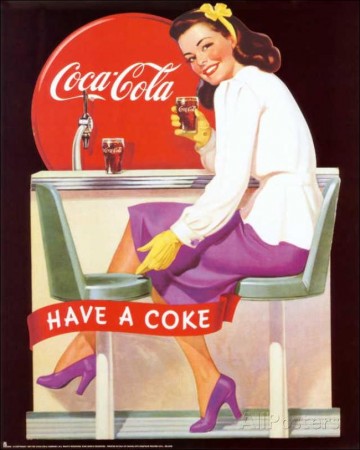The preference accorded football-players in their college work, undue absorption in the game through long training-seasons, the prevalent spirit of winning at any cost, and the open hiring of star players awoke a resentment which echoed throughout the country.
The Nation was foremost in these early onslaughts: it saw all the worst elements of American character reflected in the game. “The spirit of the American youth, as of the American man, is to win, to ‘get there,’ by fair means or foul,” it declared caustically, “and the lack of moral scruple which pervades the business world meets with temptations equally irresistible in the miniature contests of the football field.”
Although far more sympathetic, the special sports writer of Harper’s Weekly was fully as outspoken against the rising tide of professionalism. It was prevalent among the eastern colleges, but even worse in other parts of the country.
Because popular culture charts social change exactly and swiftly, it is commonly held responsible for the changes it reflects, and denounced as the harbinger of social disIocation. in the early years of the century, jazz and the movies were held responsible for juvenile deIinquency, as television continues to be today.
Cultural conservationists blame the spread of popular culture for their discomfort, believing that if only it could be kept under proper control, then the stability of the old ways of life might return. But this is to punish the messenger for the news he delivers. The media of popular culture are not themselves the origin of social change, although they encourage its novelties by making them appear desirable.
In one important respect popular culture is itself conservative, since, to be popular, it must speak a language that is already common to its consumers. To sell the people what they want to sell, the producers of popular culture must say what they think people most want to hear. In this sense popular culture is a form of dialog which a society has with itself.
The debates over censorship reflected a widespread belief that popular culture was an instrument of informal education and influence, and that as a result care needed to be taken over its content. Non-capitalist countries supervised their information and entertainrnent media at least as closely as they supervised their state education systems. In the United States, by contrast, the industries of leisure accepted “escapism” as a definition of their activities, since it has provided them with an easy means of avoiding responsibility for what they represent.
Related Link: Read more Popular Culture articles
Views: 287



